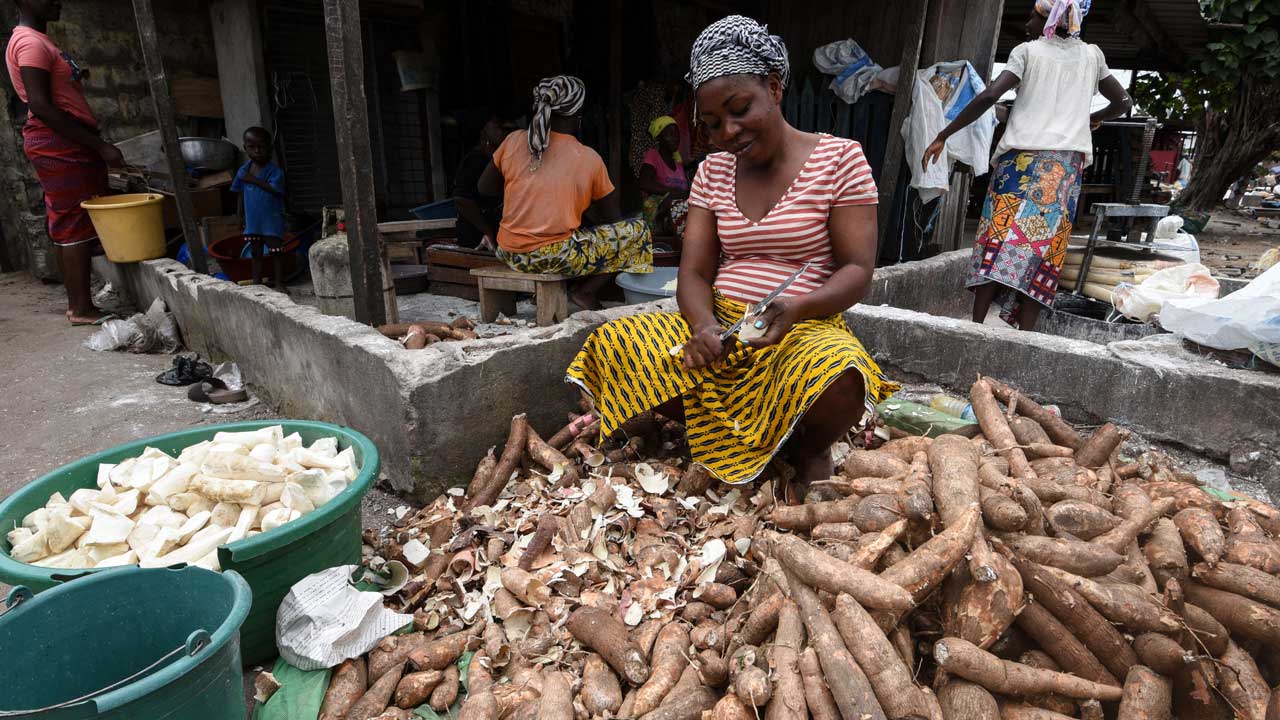
The Federal Government, African Development Bank (AfDB), International Fund for Agricultural Development (IFAD) have begun a move to accelerate the implementation of the first phase of the Staple Crop Processing Zone (SAPZ) in seven states and the Federal Capital Territory (FCT). The states include Ogun, Oyo, Kwara, Kaduna, Kano, Kebbi and Abuja.
Director-General of the AfDB, Dr Abdul Kamara, while speaking at the SAPZ-I High-Level Implementation Acceleration Dialogue yesterday in Abuja, noted that although most beneficial states have met all requirements for disbursement, there is room for improvement, given the low disbursement rate.
He underscored the need to address the key challenges affecting the implementation of the programme, as it has been implemented in other countries like Ethiopia and is making a significant difference.
The AfDB official highlighted some of the impending challenges including securing transaction advisers, contracting or getting agreements with the Design, Build and Operate contractors for the hubs, and securing a supervision contractor for the project.
He explained that the Special Agro-Industrial Processing Zones initiative was a Nigerian government programme aimed at boosting agriculture through targeted investments, integrating farming, processing, and marketing to increase productivity, reduce losses, and enhance value addition for food security, job creation, and poverty reduction, supported by the AfDB, International Fund for Agricultural Development, and Islamic Development Bank.
Kamara said under the first phase, about 1.5 million households were to benefit throughout the agricultural value chains, including the private sector, agribusiness, agro-processors, smallholder farmers, agropreneurs and agro-dealers, among others.
“It is expected to create 400,000 jobs for youths and women during the construction and operational phases. The programme can transform the rural economy and put us on a consistent and promising pact to industrialisation using our agricultural potential. It will as well reduce post-harvest losses from the current 50per cent to 10per cent,” he stated.
Country Director of IFAD, Dede Ekoue, emphasised the importance of partnerships, saying: “We are pleased that the implementation of these strategies has led to some quick wins, such as the signing of off-take contracts.”
She highlighted ongoing efforts in Kano State, where her organisation is supporting a pilot project geared at enhancing the capabilities of rice and tomato farmers, and stressed the need for collaborative efforts.
Regarding Ogun State, Ekoue acknowledged the signing of a subsidiary loan agreement and expressed hope for more pacts to expedite project implementation.
In his keynote address, Minister of Agriculture and Food Security, Abubakar Kyari, underlined the urgent need for a collaborative approach to address existing challenges within the sector
His Finance counterpart, Wale Edun, reinforced the government’s commitment to industrialisation through agriculture.






